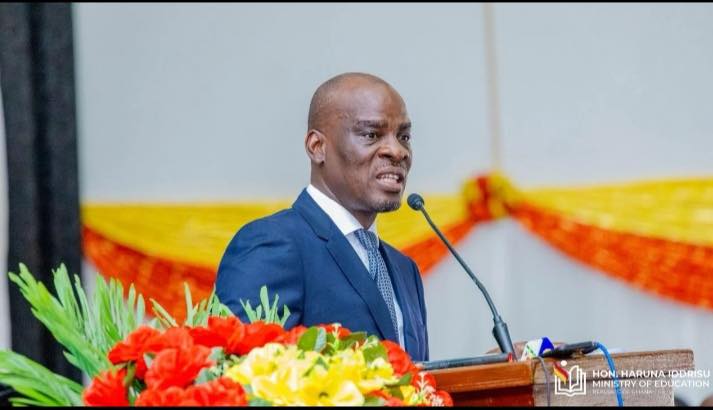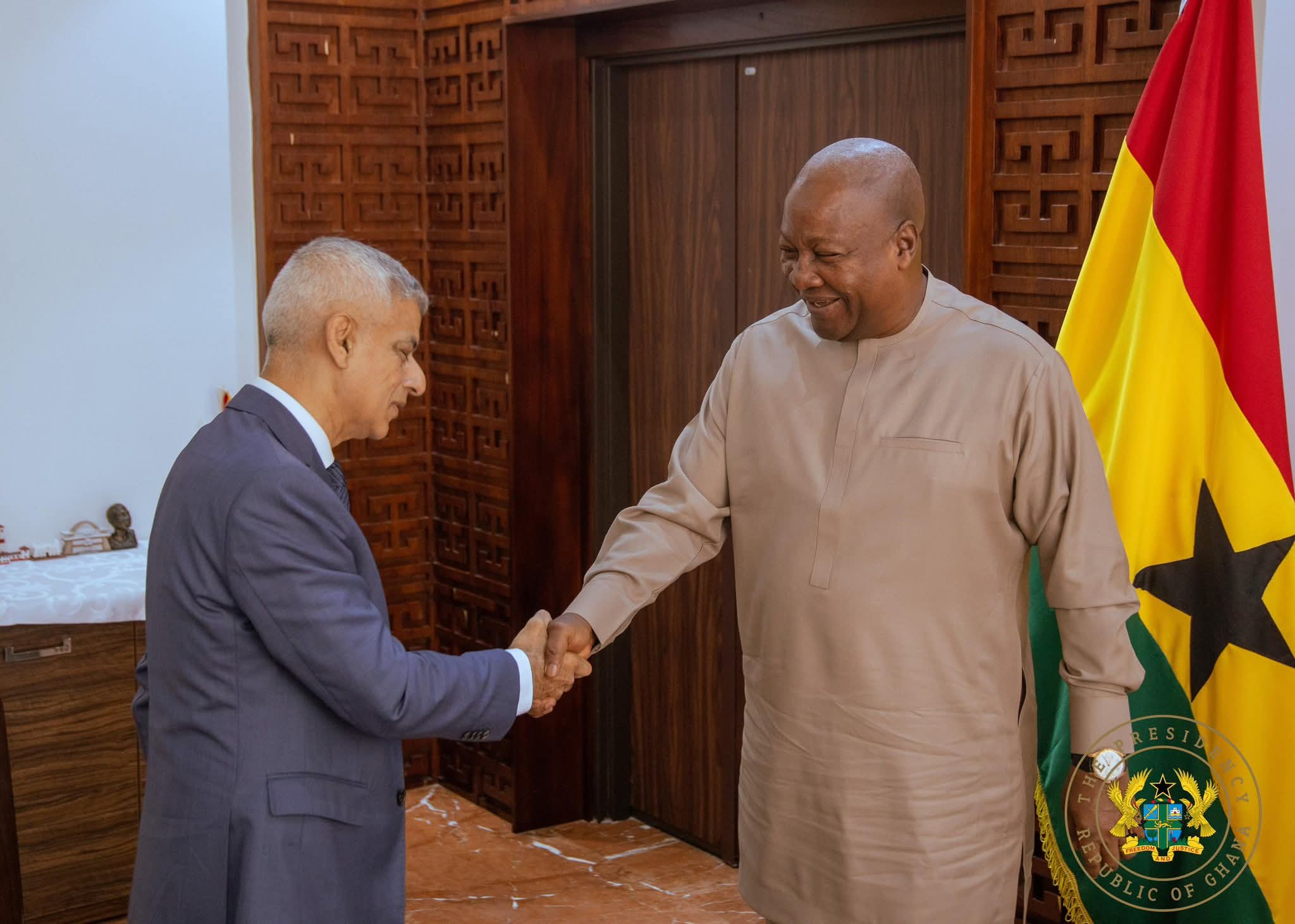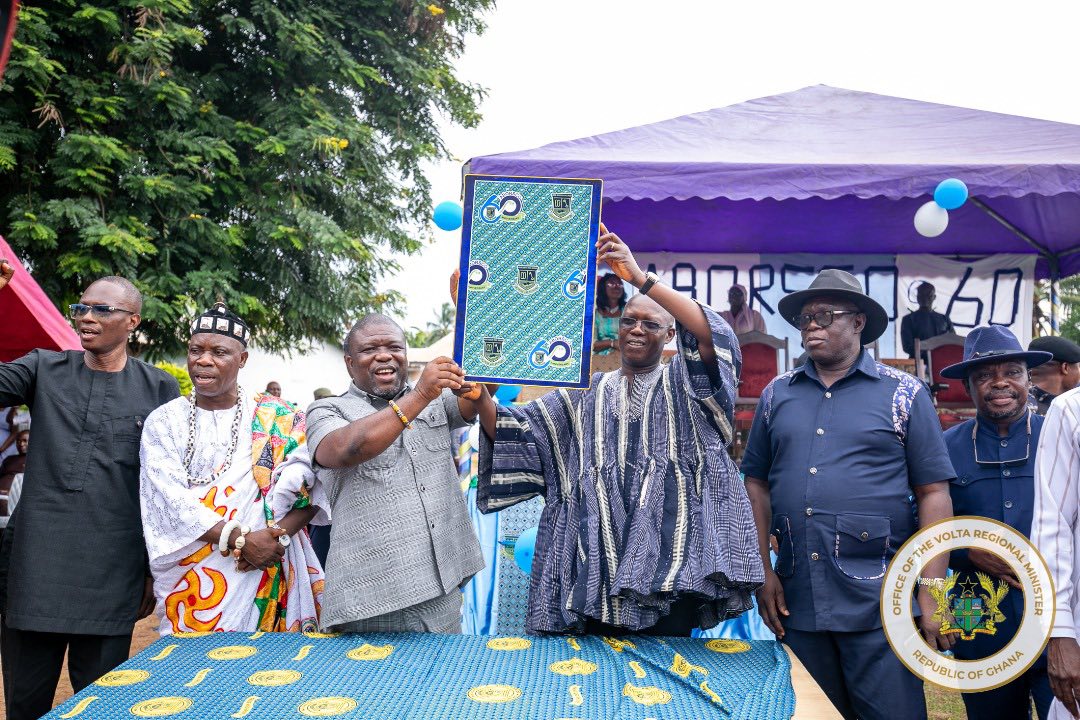The Parliament of Ghana has passed the University for Development Studies Bill, 2025, after taking the Bill through a certificate of urgency.
Explaining the purpose of the Bill to the House, the Minister of Education, Haruna Iddrisu noted that the Bill seeks to establish the University for Development Studies(UDS) through the re-enactment of P.N.D.C.L 279 to restructure and empower the University for Development Studies to provide quality and higher education to meet the diverse and development needs of the country.
Presenting the report of the Committee to the House, the Chairman of the Committee, Peter Nortsu-Kotoe, indicated that the Committee acknowledges the significant structural changes that have taken place since the establishment of the UDS over the past 32 years of its existence.
Accordingly, it has become necessary to review P.N.D.C.L 279 to bring the law into conformity with current policy and best practices adopted in public universities in Ghana. The reform is essential to enhance the effectiveness of the university in achieving its mandate.
Background:
The University for Development Studies was established by the University for Development Studies Act, 1992 (P.N.D.C.L. 279). The University was mandated, among others, to provide higher education to all persons suitably qualified and capable of benefitting from higher education, undertake research and promote the advancement and dissemination of knowledge and the application of the knowledge to the needs and aspirations of the people of Ghana and for the total development of northern Ghana in particular and the country as a whole.
The University consequently began operations as a multi-campus University, with campuses at Tamale and Nyankpala in the Northern Region, Navrongo in the Upper East Region and Wa in the Upper West Region. Each of these campuses ran specialized programmes. For instance, the Tamale campus began lectures with programmes in medicine, community nutrition, midwifery and nursing among others. The Nyankpala campus ran courses in agriculture technology and later added courses including renewable natural resources, agribusiness and social change communication. The Wa campus ran courses in integrated development studies, real estate, integrated community development, among others whilst the Navrongo campus ran courses in applied sciences, including biology, chemistry, physics and mathematics.
Subsequently, another campus of the University was established at Choggu in the Northern Region. The Choggu campus, also referred to as the City campus, ran a course in business studies and other distance learning courses.
Almost thirty-two years after the implementation of P.N.D.C.L. 279, it has become necessary to re-enact P.N.D.C.L. 279 to ensure that the provisions of P.N.D.C.L. 279 are relevant to current times as discussed over the years by several stakeholders including alumni, management and staff of the University and most importantly, to align P.N.D.C.L.






































